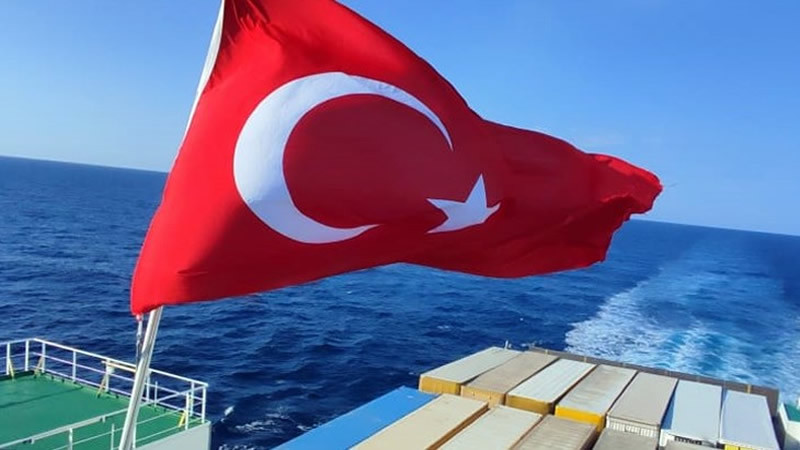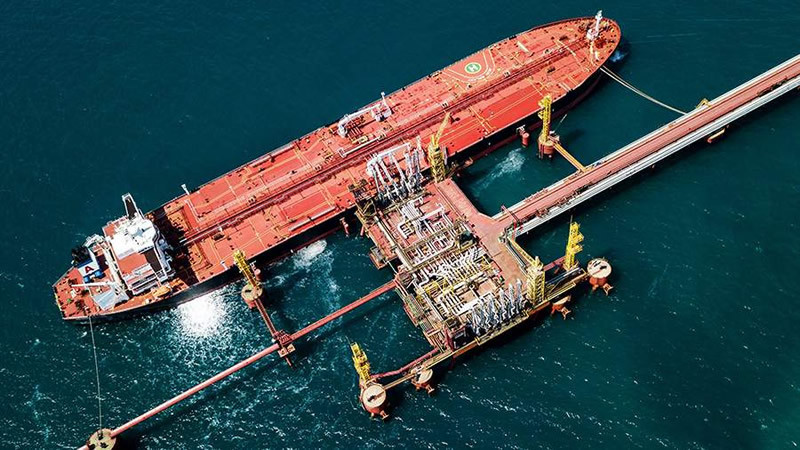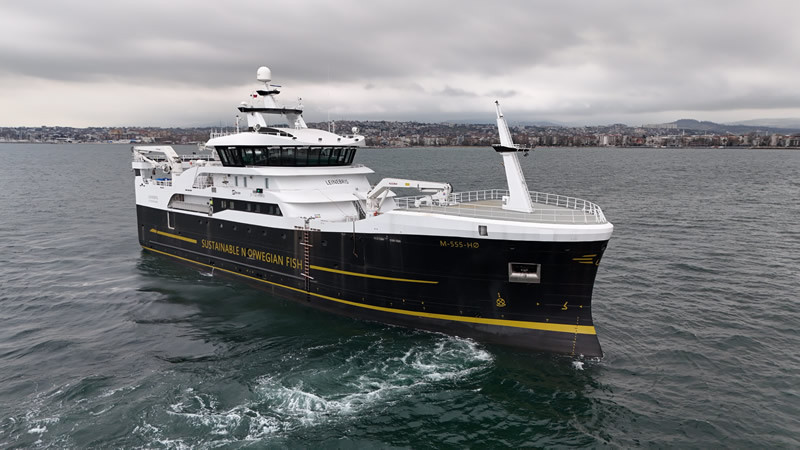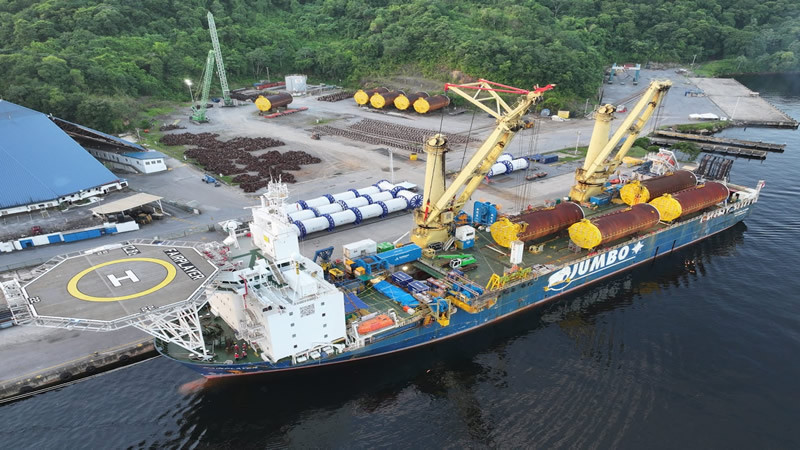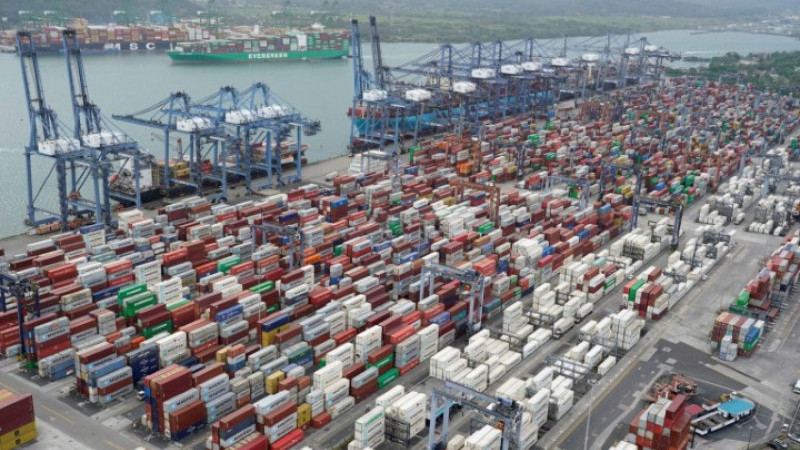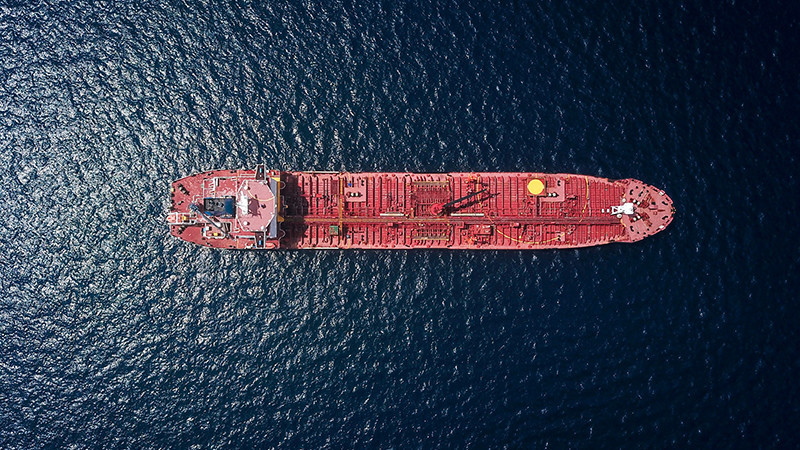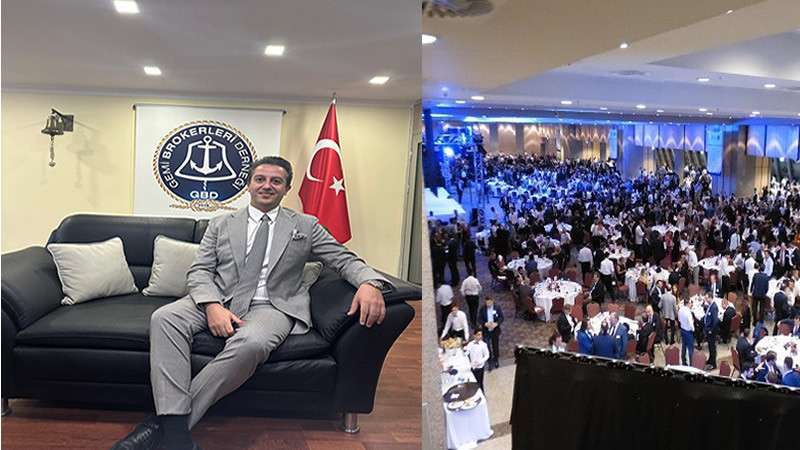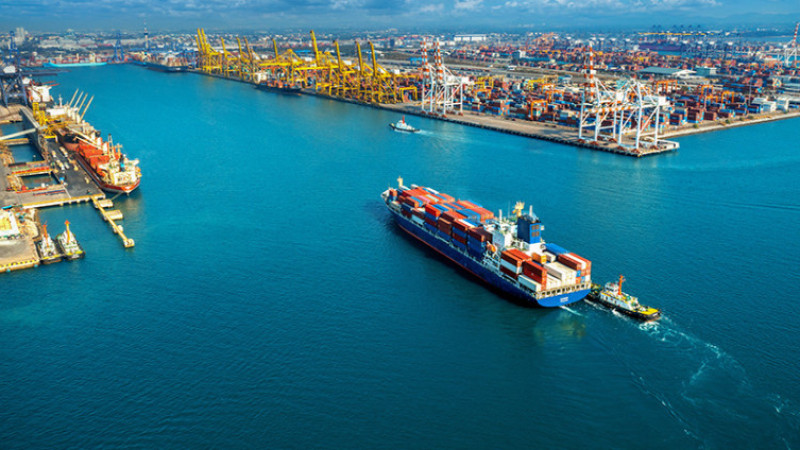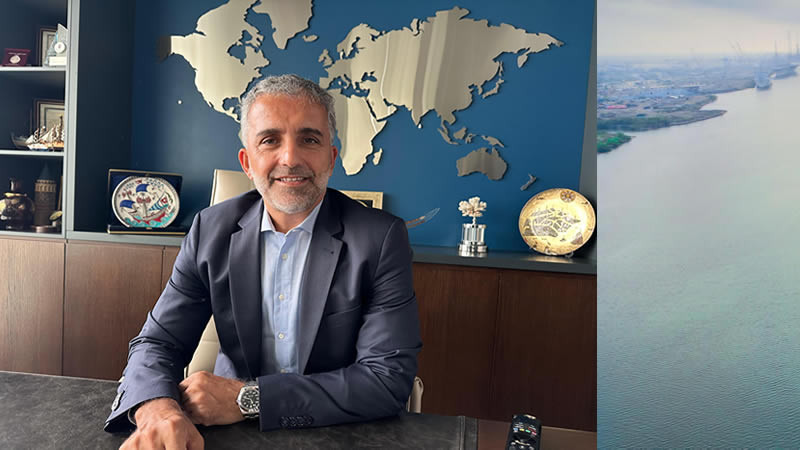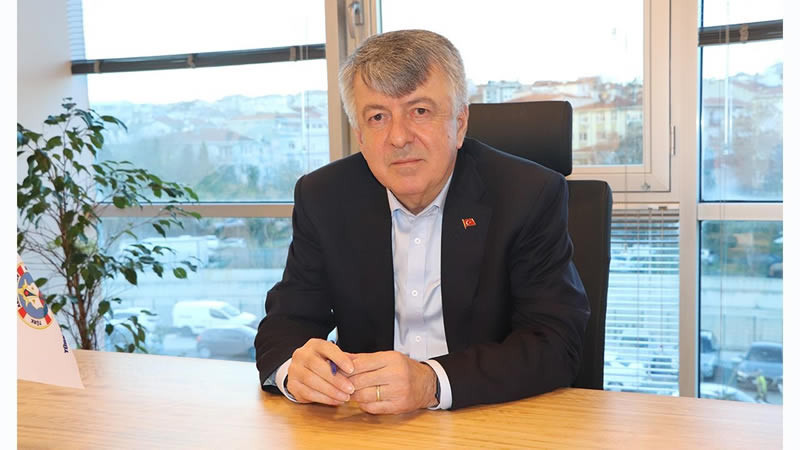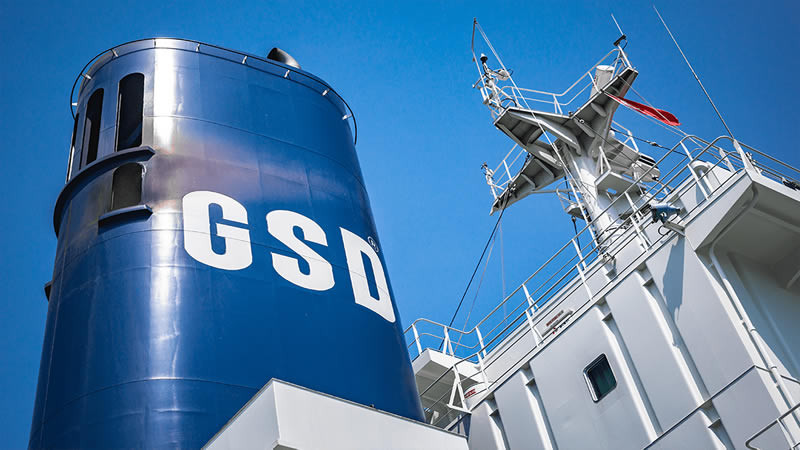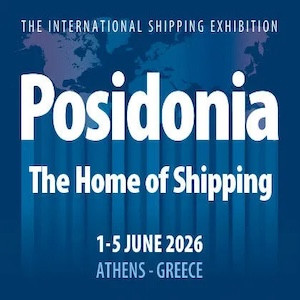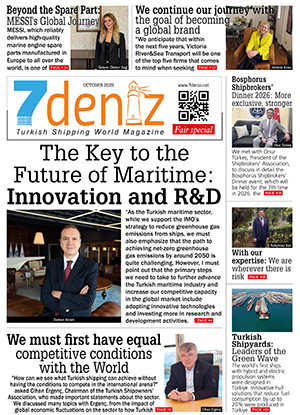GISBIR pursues the future with its members
Murat Kıran, President of GİSBİR, underlines that 35% of the Turkish shipbuilding industry's volume consists of environmentally friendly and innovative vessels.

“Our shipyards have proven their capabilities to the world,” says Kıran, who also emphasizes that Türkiye is a leading producer of high-tech marine vessels, including the largest ship in the Turkish naval fleet, and the world's third largest yacht producer.
Murat Kıran, President of the Turkish Shipbuilding Industrialists' Association (GİSBİR), spoke about the structure of GİSBİR and its activities in the sector: “The Turkish Shipbuilding Industrialists' Association (GİSBİR) is one of the oldest non-governmental organizations (NGOs) in Turkey, founded in 1971. As a shipbuilding country with 600 years of experience, Türkiye has the oldest shipyard (Haliç Shipyard) still in operation in the world. As of 2023, there are 86 active shipyards in Turkey and GISBİR represents the majority of the sector. The shipbuilding industry has a large infrastructure for repair and maintenance with 36 floating docks and 11 dry docks. The average workforce of the shipbuilding industry consists of 85 thousand direct shipyard employees as well as 200 thousand employees working in the supply chain of the shipbuilding/repair/maintenance business. The maximum annual new shipbuilding capacity is 4.74 million DWT and the maximum annual ship maintenance and repair capacity is 26 million DWT.”
Kıran said, “GİSBİR is a member of SEA Europe (European Shipyards and Marine Equipment Association) and ASEF Council (Active Shipbuilding Experts Federation), which are the umbrella organizations of the shipbuilding industry in Europe and the Far East. GİSBİR is also a member of the Waterborn Technology Platform (Waterborn TP), which includes EU maritime projects.”
In 20 years we have come a long way
Providing information on the types of ships delivered by GİSBİR members this year, Kıran said, “The Turkish shipbuilding industry has shown a remarkable development in the last 20 years. Today, the maritime industry still has new demands. This development is supported by the knowledge and experience gained over the past decades. With this background, our shipyards are able to offer a wide range of ship types and have proven their capabilities by successfully delivering a number of 'world firsts', with around 35% of their production comprising environmentally friendly and innovative vessels.”
The firsts by GISBIR members:
World's first battery-powered fully electric tugboat (Tugboat of the Year and Green Apple awards)
The world's first LNG-powered tugboat
The world's first remote-controlled commercial ship,
Battery, LNG and hybrid ferries
The world's largest zero-emission ferry
Zero-emission 100% battery ferries with autonomous functionality
Powerships, a new and innovative solution to generate electricity on board and supply it to the onshore grid, is being used especially for African countries.
Offshore Supply Vessels powered by Methanol and MDO/HVO
Successful installation of sulphur emission treatment ('scrubber') and ballast water treatment systems.
In addition, Turkish shipyards are leaders in the production of fishing vessels, including the world's largest live fish carrier; high-tech marine vessels, including the largest vessel in the Turkish Naval Fleet; and the world's third largest yacht builder.
“Beyond the above remarkable examples, Turkish shipyards use modern technologies, are certified according to international standards and are capable of building a wide range of ship types. Their specialties include oil and chemical tankers, bulk carriers and container ships, heavy cargo ships, multipurpose vessels, platform support vessels, military vessels and coast guard boats, tugboats, mega yachts and sailing yachts, fishing vessels, car and passenger ferries and energy vessels.”
Giving examples of Turkish-built reference vessels, international projects or technological developments involving Turkish shipyards, Kıran continued his words as follows
"GİSAŞ POWER, the world's first zero-emission fully electric tugboat from Zeetug to Zeeport, was commissioned by GİSAŞ in 2019 and today provides pilotage and tug services at Tuzla Port in Tuzla Shipyards Region. GİSAŞ POWER was designed by Turkish shipbuilding engineers and architects, built by Turkish Shipyard and awarded as 2021 Tug of the Year and Green Apple in the global market. GISAŞ is among the largest zero emission tug fleet owners and operators in the world with four zero emission tugs by 2023. In addition, it plans to add two more zero emission tugs and electrify its port handling equipment to become the world's first zero emission port operator.
EU funded H2020 Project 'RESURGAM: Robotic Survey, Repair and Agile Manufacturing for Shipyards' with 13 partners. The RESURGAM project aims to make a decisive breakthrough with Friction Stir Welding (FSW) as a high integrity, low distortion, environmentally friendly welding technique to be developed for steel, facilitating the modular construction of ships in multiple shipyards and final assembly in one main shipyard. It also aims to develop an underwater, robotic FSW process to enable repairs to marine structures without the need to bring ships or platforms ashore to dry dock. The first demonstration of the new welding technique was carried out by a GISBIR member shipyard.
GISBIR is successfully completing the EU-funded 'Safe Shipyards with Technology-Based Trainings' project, which aims to digitalise OHS trainings with LMS and Virtual Reality Modules."
A good strategy is crucial for sustained progress
Commenting on any specific challenges or new regulations affecting Turkish shipyards, Mr Kıran said: "The Turkish Shipbuilding Industry is fully compliant with IMO and EU environmental objectives and has extensive experience in the implementation of new technologies and fuel systems. Some member shipyards have carried out technology pilots for EU funded projects. At the same time, such new requirements may also lead to unfair or unbalanced competition between countries. Some countries may use state incentives that do not comply with WTO (World Trade Organisation) requirements, or some countries may establish market-based mechanisms or large R&D funding mechanisms to support their maritime industries. In Turkiye, the maritime sector is mostly managed by private companies not owned by the state, so the private sector tries to cope with the competition problems by using its own capabilities, but in some cases the Strategic Approach of the State is very important for the sustainability of the sector.
For example, as an EU candidate country, Turkey can participate in some EU funds but not in the EU Innovation Fund. This means that Turkey needs to find a solution to stabilise its competitiveness, either by establishing an EU ETS Transport mechanism or by negotiating with EU policy makers on participation in the Innovation Fund. We recognise that a good strategy is a crucial element to develop our sector and support progress."
We will be happy to welcome our partners back to Istanbul
Kıran also said, "After the successful completion of the Mare Forum Istanbul and Superyacht Türkiye events, which were held under the main sponsorship of GISBİR between 22-23 May 2024 and attracted great interest, we are ready to take new steps to increase the visibility of our industry in the international arena. As GISBIR, we will focus on important events such as ASEF General Assembly, ASEF Forum and SEA Europe Board Meeting in the coming period. We will be delighted to welcome all our international partners in Istanbul again and to carry our co-operation further."



